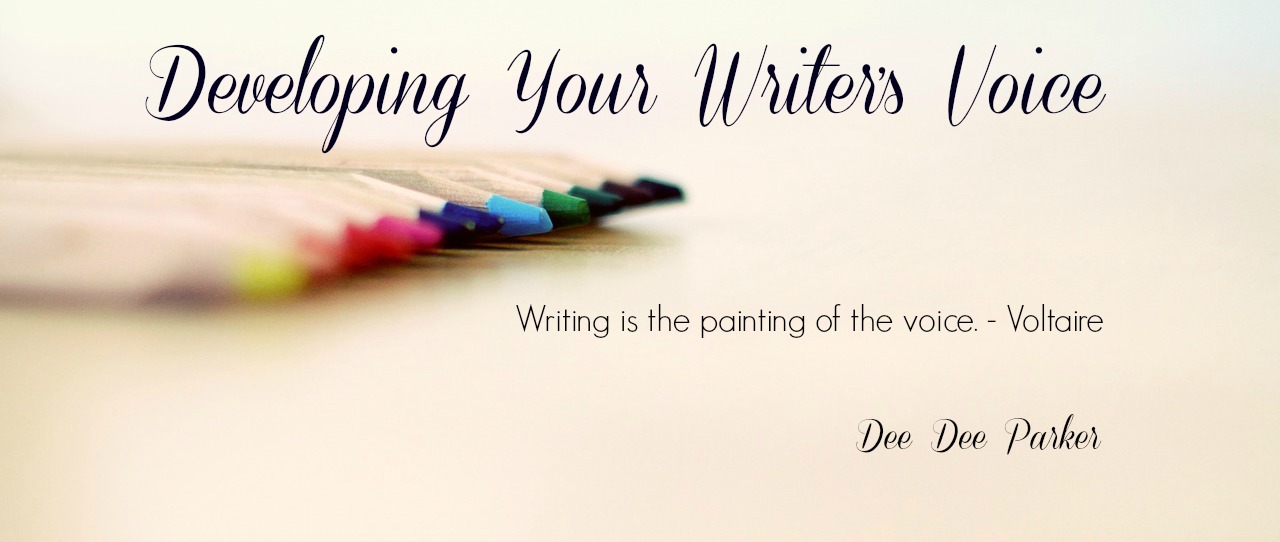
What’s Your Favorite Summer Writing Place?
Yesterday I decided to move to the back deck of our house to set up my “summer writing office”.…
July 4, 2016
Yesterday I decided to move to the back deck of our house to set up my “summer writing office”.…
July 4, 2016
I want to thank everyone that read my first post of The Writerly Café, especially those who took the…
June 6, 2016
I’m excited to welcome each of you to the Writerly Cafe at Almost An Author. Here, you’ll find a…
May 4, 2016
Many of us belong to writers groups that meet regularly with the goal of honing our writing skills, finding…
March 7, 2016
“I write only because there is a voice within me that will not be still.” –Sylvia Plath Are there…
February 14, 2016
There are two schools of thought about Christmas newsletters we receive from friends and family. One group loves them,…
December 2, 2015
Is it possible for a dinosaur of technology to help define your writer’s voice? I say yes and say…
November 3, 2015
A writer’s voice is the unique personality of the writer that comes through on the written page, defining his…
October 21, 2015
At a writer’s conference, a contest judge once shared with me that he could pick my voice out of…
September 13, 2015